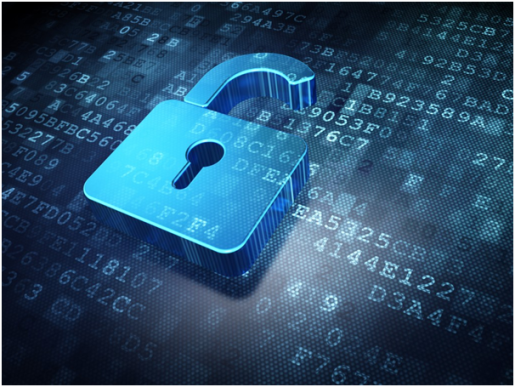Why is the U.S still the leader when it comes to protecting the safety of children online? It could partly be due to Silicon Valley leading to a higher number of people being aware of the dangers of the internet. In a similar but different view, it could also be that since the internet is a very important part of life today (particularly for children and young adults), people are generally more aware of the dangers involved in the internet.
The Children’s Internet Protection Act (referred to from now on as CIPA) was passed in December 2000. One of two laws which exist specifically to keep children safe on the internet, CIPA requires schools and libraries throughout the country to put filters in place on every piece of equipment they own. These filters only allow selective access to parts of the internet, allowing children to avoid the worst parts of the internet while at the same time learning to navigate and use it in a safe space.
While the filters stop children from accessing harmful or inappropriate material, they do not track internet use. CIPA may have its detractors (for more, see below), but it does an extremely good job of keeping children safe, while at the same time teaching them about responsible use of the web.
(Information from: https://en.wikipedia.org/wiki/Children’s_Internet_Protection_Act)
The second act concerning the safety of children on the internet is the Children’s Online Privacy Protection Act (referred to from now on as COPPA). This act covers websites which could collect private information from people who visit their sites. According to the ftc.gov website, “COPPA imposes certain requirements on operators of websites or online services directed to children under 13 years of age, and on operators of other websites or online services that have actual knowledge that they are collecting personal information online from a child under 13 years of age”.
Everyone who uses the internet regularly knows that their personal information will be saved by various sites, and used accordingly. This is why most people use false names, and limit what information they put out for others to see. Children (aside from the all the issues which arise from them being minors, and therefore unable to consent to such things) don’t have the reasoning capability of adults. Where an adult might weigh up the pros and cons of being identifiable on the web (if they had an online business, perhaps), and make the decision that it was worth it, children aren’t capable of such thinking. Even if they were able to make such a decision, children don’t come into this world knowing about the internet and how it works. COPPA functions like CIPA in that it gives children a safe space in which to learn about the internet before they are put in a position of having to deal with it unfiltered.
COPPA also functions – even more than CIPA – as a protective measure against abuse. Child predators exist, and for them the internet is often a means to get what they want while remaining safely anonymous themselves. COPPA, by keeping children under the age of thirteen anonymous, does a huge amount in keeping children safe from these types of predators.
(Information from: https://www.ftc.gov/enforcement/rules/rulemaking-regulatory-reform-proceedings/childrens-online-privacy-protection-rule)
Of course, there are many people who object to both COPPA and CIPA. While some of their objections have some validity, as this infographic suggests, the advantages far outweigh the disadvantages. Adults are capable of making their own decisions when it comes to the internet, because they are more aware of what it means. Children do not have this awareness, and so must be protected.
